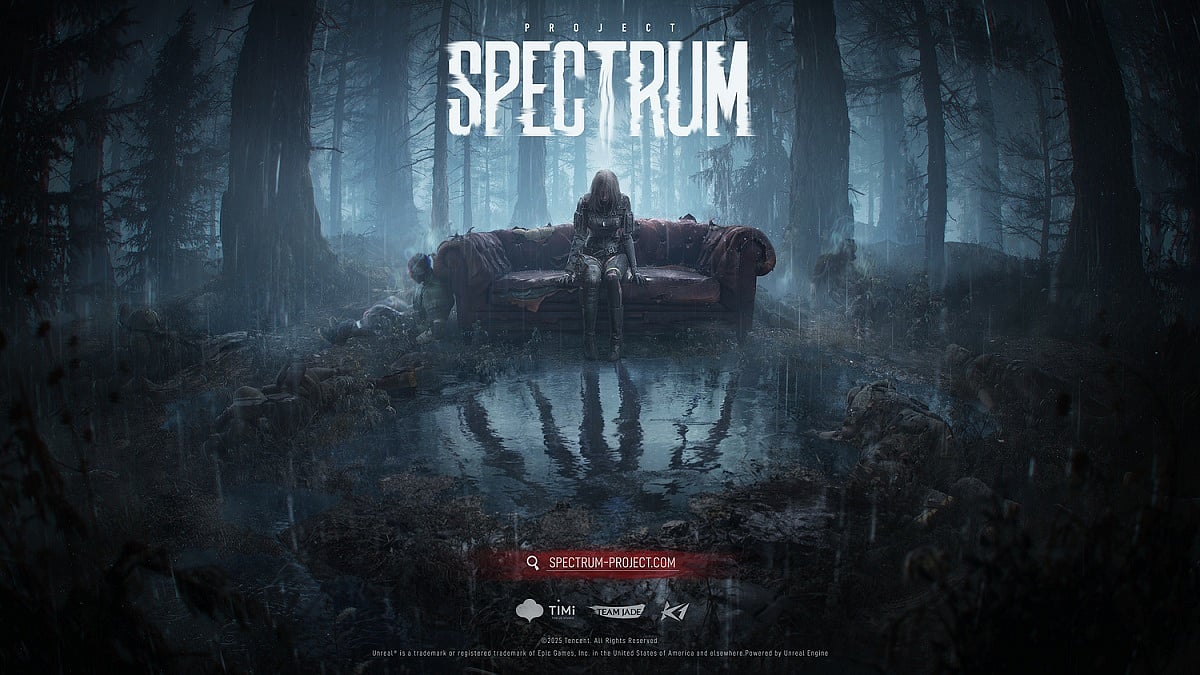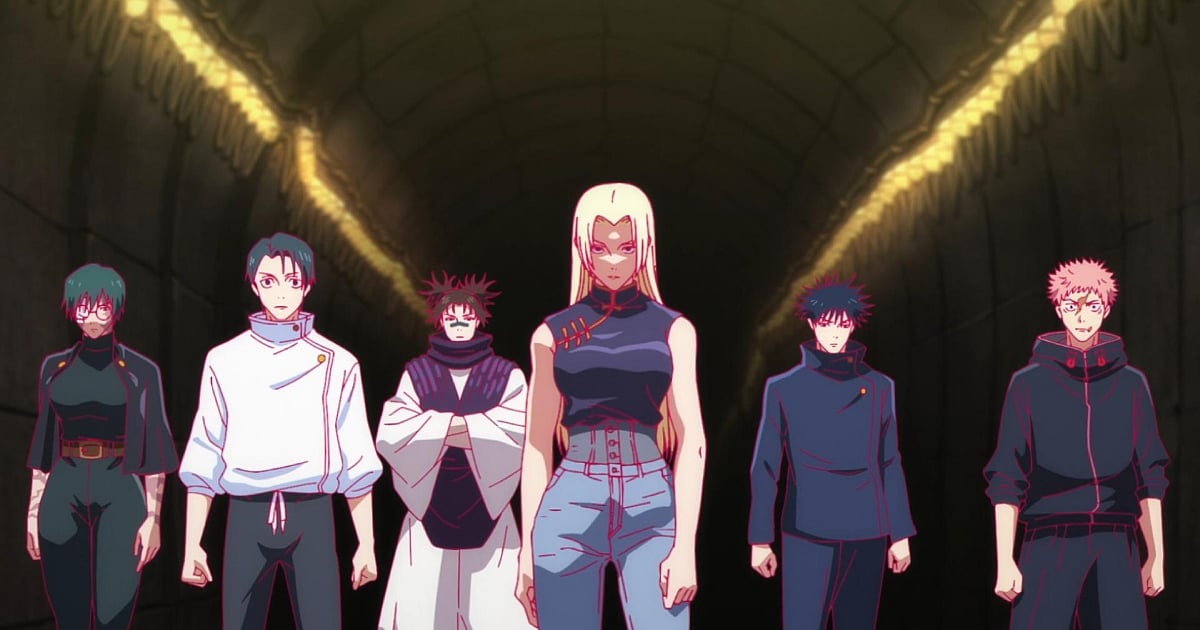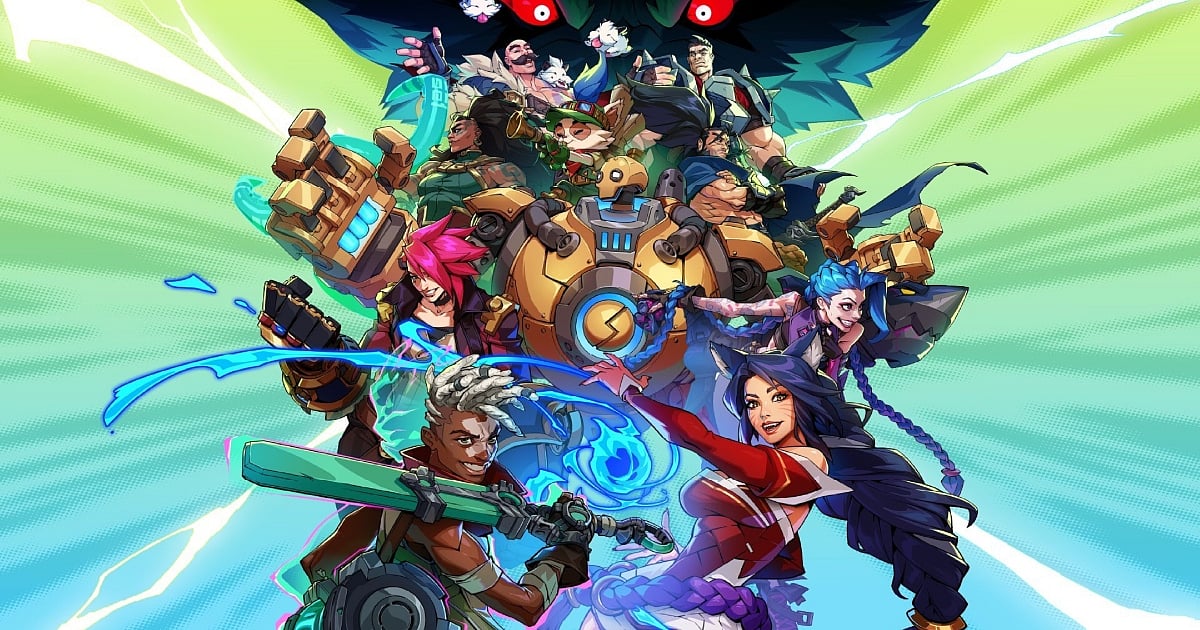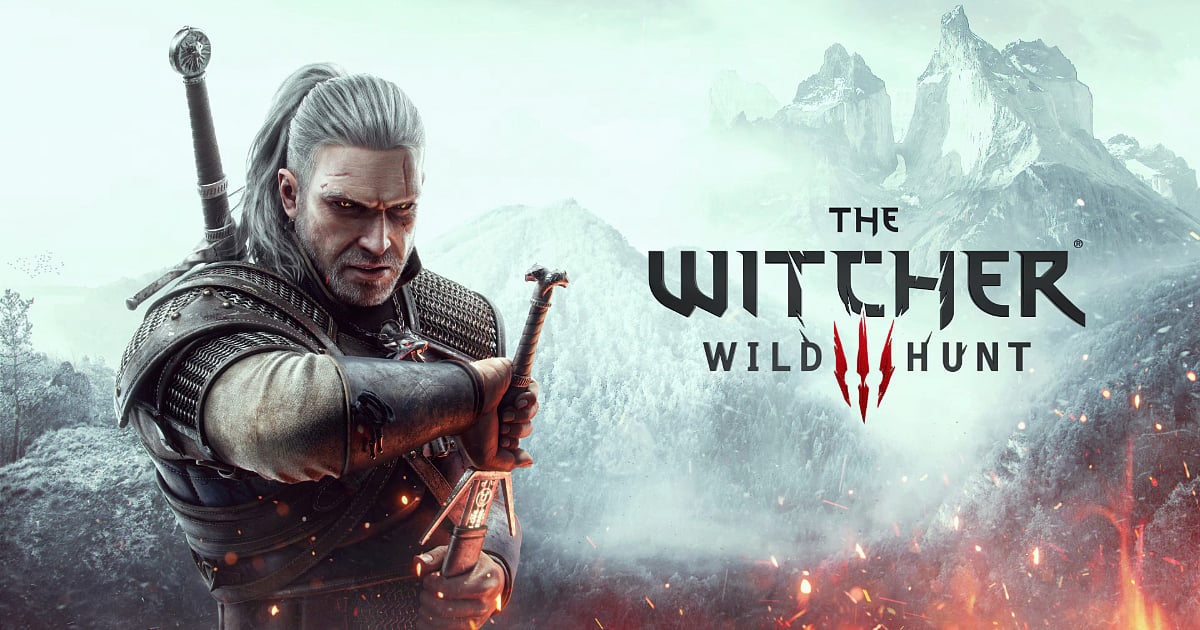
Project Spectrum by Tencent Games
Tencent Reveals Strategy for Building 'Evergreen' Franchises
Highlights
- Tencent is doubling down on original global IPs, combining data-driven game development and studio passion to reduce risk and build sustainable franchises.
- Amid a looming Sony lawsuit over alleged IP cloning, Tencent execs outline how “evergreen games” and ongoing innovation are central to future growth.
- China hits like Honor of Kings and new launches like Delta Force now anchor Tencent’s portfolio, as AI and player research shape its next-gen approach.
Recent discussions at Gamescom 2025 have laid bare Tencent’s focus of evolving from primarily funding or acquiring outside hits to creating original “evergreen” IP developed in-house. The context has only grown starker as Sony’s lawsuit accusing Tencent of cloning PlayStation’s Horizon series simmers in the background. Yet, Tencent’s leadership continues to argue that their strategy centers on empowering passionate studios, leveraging predictive market data, and carefully matching investment to creative ambition. The goal, they say, is to deliver games with global reach and enduring player bases instead of derivative content.
Tencent’s Evergreen Game Playbook
Tencent’s pivot toward developing long-term, revenue-stable franchises is currently its focus for global growth. In a statement to Game Developer, Tencent VP Yong-yi Zhu revealed that the key is matching each development team with projects that spark genuine enthusiasm. Studios like Sharkmob (Exoborne) are given room to iterate on genres they excel in, while Tencent’s internal teams dig deep into data through partnerships with platforms like Newzoo. These insights allow Tencent to spot promising market trends and player desires while using advanced predictive models for greenlighting decisions.
Zhu also highlights that, especially in the wake of the Sony lawsuit, Tencent’s studios aim for differentiation by focusing research on unique technical features and innovative UI rather than simply copying top hits. Still, company leaders admit risk control plays a major role. Investment in new IP is closely tied to genre. Open-world games face deep scrutiny and stepwise funding, while PvP shooters can be greenlit and iterated on faster. Teams that miss initial milestones are allowed to retest and iterate, an approach Tencent claims prevents knee-jerk cancellations and builds stronger long-term outcomes.

Tencent Games
The strategy appears to be working. Classic brands like Honor of Kings, Peacekeeper Elite, and CrossFire now generate billions of RMB annually, with 19 Tencent titles globally classified as “evergreen”, defined by their long-term popularity and consistent revenue streams. The arrival of hits like Delta Force and the ongoing integration of AI to accelerate content, improve NPCs, and drive targeted marketing have only strengthened this foundation.
Tencent’s ambitions stretch beyond China as well. With international gaming now growing 35% year-on-year and top-performing subsidiaries like Supercell surging to new revenue highs, Tencent aims to blend its user base, AI capabilities, and data science expertise into a global content powerhouse. Executive messaging stresses that becoming an originator of worlds, rather than simply a financier, is the path to sustainable leadership, even as IP controversies persist.

Author
Abhimannu Das is a web journalist at Outlook India with a focus on Indian pop culture, gaming, and esports. He has over 10 years of journalistic experience and over 3,500 articles that include industry deep dives, interviews, and SEO content. He has worked on a myriad of games and their ecosystems, including Valorant, Overwatch, and Apex Legends.
Abhimannu Das is a web journalist at Outlook India with a focus on Indian pop culture, gaming, and esports. He has over 10 years of journalistic experience and over 3,500 articles that include industry deep dives, interviews, and SEO content. He has worked on a myriad of games and their ecosystems, including Valorant, Overwatch, and Apex Legends.
Related Articles







